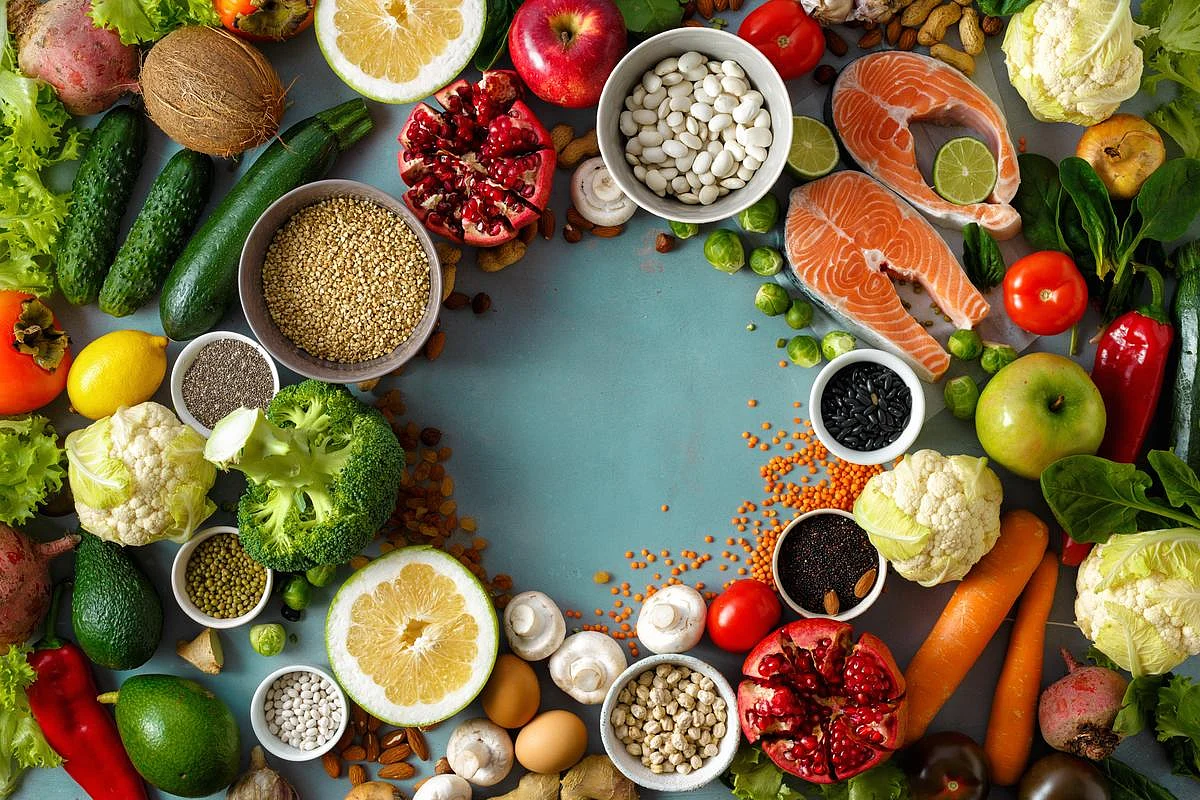Surviving Cancer Doesn't Change Eating Habits For Most, Study Says
By Dennis Thompson HealthDay Reporter
Medically reviewed by Drugs.com
 via HealthDay
via HealthDayWEDNESDAY, July 23, 2025 — A cancer diagnosis often forces a person to take a hard look at their life and lifestyle, but a new study shows that few take steps to eat healthier after treatment.
People who survive cancer are as likely as others to ignore the risk posed by red meat, alcohol and other unhealthy foods and to shrug off the benefits of fruits, vegetables and fiber, researchers report in the journal Public Health Nutrition.
“Cancer treatment specialists view a cancer diagnosis as a ‘teachable moment’ that increases openness to adopting a healthy lifestyle,” lead researcher Hemangi Mavadiya, a doctoral candidate at the University of California-Irvine School of Population & Public Health, said in a news release.
“However, this study shows that there is a critical need for targeted dietary and behavioral interventions for the survivors and that education from provider to survivor is insufficient,” she added.
The U.S. is projected to have as many as 26 million cancer survivors by 2040, researchers said in background notes.
These folks often face an increased risk of a follow-up cancer, and diet is a known means of reducing cancer risk, researchers noted.
To see how a brush with cancer might change a person’s eating habits, researchers analyzed survey data collected by the National Cancer Institute for more than 6,100 cancer survivors and 35,500 people without cancer.
“We wanted to better understand how survivors were approaching their lifestyle and nutrition choices post-diagnosis and treatment and if their cancer journey did anything to improve this area of their lives,” said senior researcher Yunxia Lu, a professor of population health and disease prevention at UC-Irvine.
However, her team found no significant differences in cancer survivors’ awareness of the risks inherent in some foods.
Cancer survivors were about as likely as healthy people to mistakenly say that processed meat, red meat, alcohol and sugary drinks aren’t related to cancer risk, the study says.
They also were about as likely to fail to draw a line between fiber, fruit and vegetable intake and a lower risk of cancer, results show.
This lack of awareness extended to what cancer survivors actually ate, compared to those who’d never had cancer, researchers said.
For example, about 82% of both groups failed to meet the American Cancer Society’s recommendation for consuming more than two to three cups of fruit per day, results show.
Likewise, 75% failed to meet the recommendations for vegetables, researchers found.
Researchers said the study shows cancer survivors likely aren’t being provided dietary advice that could protect their health, or the encouragement to embrace such advice.
“Health care professionals should integrate culturally sensitive nutritional education and counseling services into routine survivorship care, which may help cancer survivors adopt and maintain healthy dietary behaviors,” Lu said.
Sources
Disclaimer: Statistical data in medical articles provide general trends and do not pertain to individuals. Individual factors can vary greatly. Always seek personalized medical advice for individual healthcare decisions.
Source: HealthDay
Posted : 2025-07-24 00:00
Read more

Disclaimer
Every effort has been made to ensure that the information provided by Drugslib.com is accurate, up-to-date, and complete, but no guarantee is made to that effect. Drug information contained herein may be time sensitive. Drugslib.com information has been compiled for use by healthcare practitioners and consumers in the United States and therefore Drugslib.com does not warrant that uses outside of the United States are appropriate, unless specifically indicated otherwise. Drugslib.com's drug information does not endorse drugs, diagnose patients or recommend therapy. Drugslib.com's drug information is an informational resource designed to assist licensed healthcare practitioners in caring for their patients and/or to serve consumers viewing this service as a supplement to, and not a substitute for, the expertise, skill, knowledge and judgment of healthcare practitioners.
The absence of a warning for a given drug or drug combination in no way should be construed to indicate that the drug or drug combination is safe, effective or appropriate for any given patient. Drugslib.com does not assume any responsibility for any aspect of healthcare administered with the aid of information Drugslib.com provides. The information contained herein is not intended to cover all possible uses, directions, precautions, warnings, drug interactions, allergic reactions, or adverse effects. If you have questions about the drugs you are taking, check with your doctor, nurse or pharmacist.
Popular Keywords
- metformin obat apa
- alahan panjang
- glimepiride obat apa
- takikardia adalah
- erau ernie
- pradiabetes
- besar88
- atrofi adalah
- kutu anjing
- trakeostomi
- mayzent pi
- enbrel auto injector not working
- enbrel interactions
- lenvima life expectancy
- leqvio pi
- what is lenvima
- lenvima pi
- empagliflozin-linagliptin
- encourage foundation for enbrel
- qulipta drug interactions
